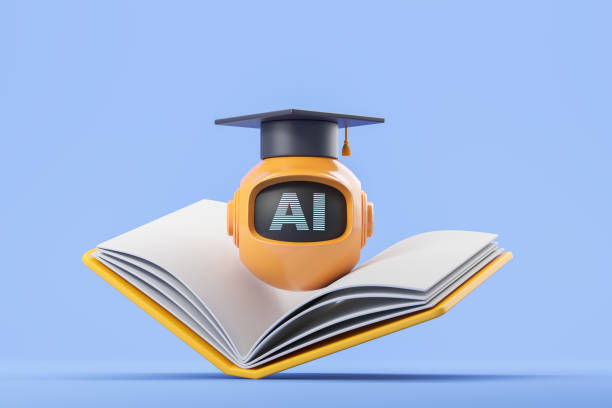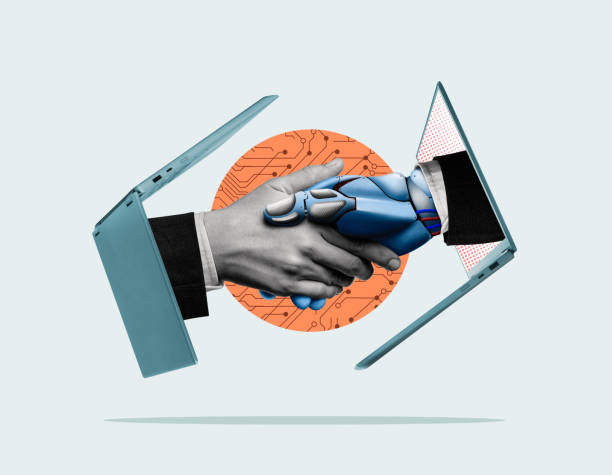Artificial Intelligence is transforming education by automating tasks and providing personalized learning experiences. It enhances teaching methods and streamlines administrative duties in schools worldwide. AI’s role in education is rapidly expanding, offering new possibilities. However, it also raises important concerns about ethics and accessibility.
2. Personalized Learning Experiences
AI enables customized learning by analyzing students’ strengths and weaknesses. It adapts content to individual learning speeds, making education more effective. Personalized AI tutors provide immediate feedback, helping students grasp concepts quickly and confidently.
3. Enhancing Teacher Efficiency
Teachers benefit from AI by automating grading and administrative tasks. This allows them to focus more on student interaction and lesson planning. AI tools reduce workload, improving educators’ productivity and enabling more creative teaching strategies in the classroom.
4. Access to Education for All
AI-powered platforms offer education to remote or underserved areas. Students with disabilities benefit from AI tools that cater to specific needs, promoting inclusivity. These technologies break down barriers, making quality education more accessible worldwide.
5. Data-Driven Insights for Improvement
AI collects and analyzes educational data, providing insights into student performance and engagement. Educators can use this data to identify areas needing support or improvement. Data-driven decisions help optimize teaching methods and curriculum development.
6. Interactive and Engaging Learning Tools
AI supports interactive learning through virtual tutors, simulations, and games. These tools increase student engagement and motivation by making lessons more enjoyable. AI-driven educational apps promote creativity and critical thinking in learners.
7. Challenges with Privacy and Data Security
The extensive data collected by AI systems raises privacy concerns. Protecting student information from misuse or breaches is essential. Educational institutions must establish strict data security protocols to maintain trust and comply with regulations.
8. Potential Bias in AI Algorithms
AI systems may reflect biases present in their training data, leading to unfair outcomes. This can affect student assessments or recommendations. Developers and educators must work to identify and reduce bias to ensure AI supports equity in education.
9. Dependence on Technology and Digital Divide
Overreliance on AI tools might diminish traditional teaching skills. Additionally, unequal access to technology creates a digital divide among students. Schools need balanced approaches to integrate AI while ensuring equitable access for all learners.
10. Ethical Considerations in AI Use
Ethical questions arise regarding AI’s role in decision-making within education. Transparency about AI’s limitations and involvement is necessary. Stakeholders must ensure AI complements human judgment rather than replacing it completely.
11. Preparing Students for an AI-Driven Future
Education must evolve to teach students AI literacy and critical thinking skills. Understanding AI technology will be crucial for future careers. Integrating AI awareness into curricula helps prepare learners for the digital workforce ahead.
12. Conclusion
AI offers tremendous opportunities to enhance education but also presents challenges. Thoughtful implementation and ongoing evaluation are essential. By addressing concerns proactively, AI can positively transform learning experiences worldwide.












